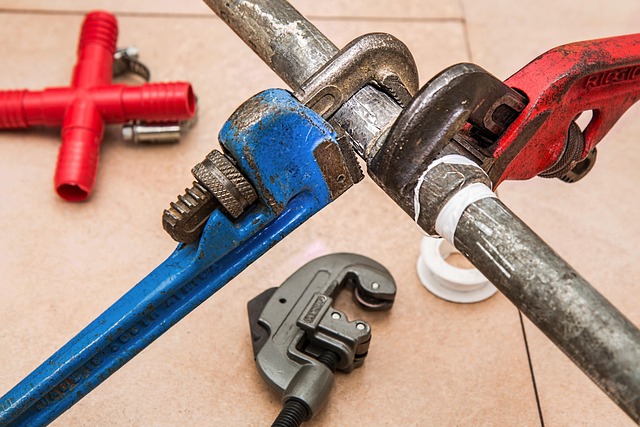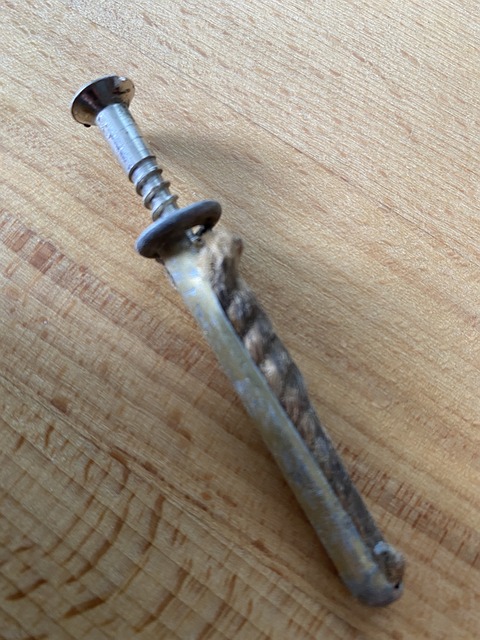Mastering Home Repair and Maintenance for HVAC systems is essential for homeowners. Key components like heat exchangers, fan coils, ductwork, thermostats, and outdoor condensers ensure indoor comfort. Regular tasks like filter changes and vent cleaning improve system performance. Scheduled inspections catch issues early, preventing costly repairs while extending equipment lifespan. Upgrading insulation and managing thermostats further mitigates problems, saving energy bills and enhancing indoor air quality. Smart thermostats reflect the trend towards efficient, proactive home maintenance.
“Ensure your home’s comfort and air quality with expert guidance on HVAC maintenance and repair. This comprehensive guide arms homeowners with essential knowledge about understanding complex heating, ventilation, and air conditioning systems. From recognizing common issues like inefficient cooling or strange noises to implementing effective strategies for regular maintenance, this article is your go-to resource for optimal HVAC performance and longevity. Discover the secrets to efficient home repair and maintenance.”
- Understanding HVAC Systems: A Homeowner's Guide
- Regular Maintenance: The Key to Efficient and Reliable Heating and Cooling
- Common HVAC Issues and Effective Repair Strategies
Understanding HVAC Systems: A Homeowner's Guide

Understanding HVAC systems is essential for homeowners looking to maintain or repair their heating, ventilation, and air conditioning units. These complex systems are responsible for regulating indoor temperatures, ensuring clean air quality, and providing comfort throughout the year. At its core, an HVAC system comprises several key components: the heat exchanger, fan coils, ductwork, thermostats, and outdoor condensers. Each part plays a crucial role in the cooling and heating processes.
Homeowners can take basic steps to familiarize themselves with these systems, like learning how to read energy meters or understanding the purpose of different control panels. Regularly checking for signs of wear, such as unusual noises or decreased efficiency, is also vital. Simple maintenance tasks, including changing air filters and cleaning vents, can significantly impact the overall performance and longevity of an HVAC system. By staying informed, homeowners can better collaborate with professionals during repair processes, ensuring their homes receive the best care in terms of home repair and maintenance.
Regular Maintenance: The Key to Efficient and Reliable Heating and Cooling

Regular maintenance is an often-overlooked aspect of home repair and maintenance, yet it’s a crucial investment for ensuring your heating and cooling systems operate efficiently and reliably. By scheduling routine inspections and cleaning, you can catch potential issues early before they become costly breakdowns. This proactive approach not only extends the lifespan of your HVAC equipment but also improves its performance, saving on energy bills in the long run.
A well-maintained system operates at optimal levels, providing consistent comfort throughout your space. Regular maintenance tasks include checking filters, cleaning vents, inspecting ducts for leaks, and lubricating moving parts. These simple yet vital steps prevent dust buildup, ensure proper airflow, and maintain balanced humidity levels. As a result, you’ll experience enhanced indoor air quality, reduced energy consumption, and the peace of mind that comes with knowing your home’s comfort is in good hands.
Common HVAC Issues and Effective Repair Strategies

Many common HVAC issues can be easily avoided through regular home repair and maintenance. One of the most frequent problems is a lack of proper insulation, leading to inefficient heating and cooling systems. Homeowners should inspect their attics, walls, and floors for inadequate or outdated insulation and consider an upgrade if necessary. This simple step significantly improves energy efficiency and reduces utility bills.
Another widespread concern is malfunctioning thermostats, which can result in inconsistent indoor temperatures. Regular maintenance includes checking the thermostat settings, replacing batteries, and ensuring accurate readings. Advanced smart thermostats offering customizable programming and remote access via mobile apps are also gaining popularity as effective solutions for optimal HVAC control and energy conservation.
HVAC systems are essential for comfortable living, and proper maintenance is key to ensuring they function optimally. By understanding your system and implementing regular care, you can avoid common issues that lead to costly repairs. When problems do arise, having a repertoire of effective repair strategies will help navigate through challenges efficiently. As a homeowner, investing time in learning about HVAC maintenance and repair can significantly contribute to energy efficiency, system longevity, and overall home comfort.














